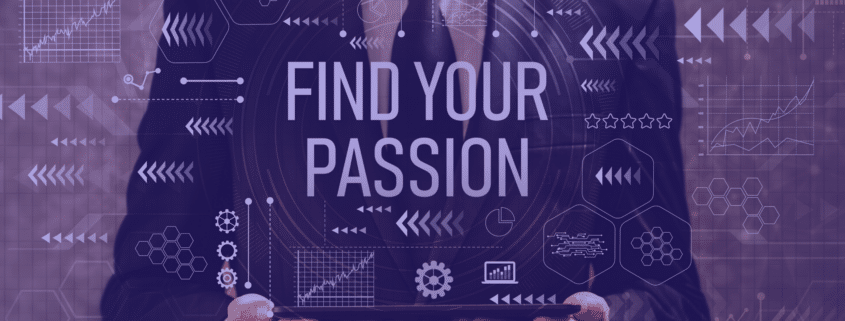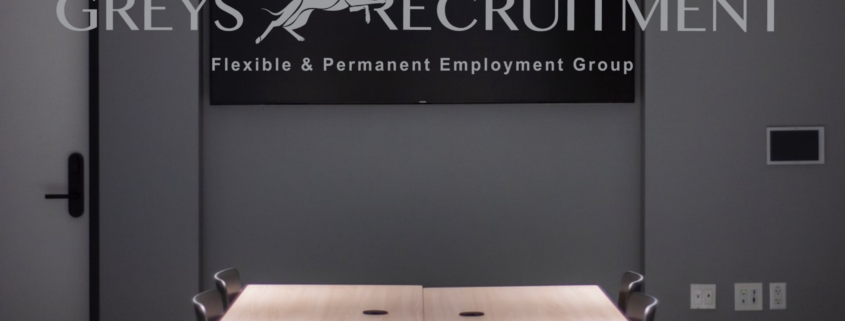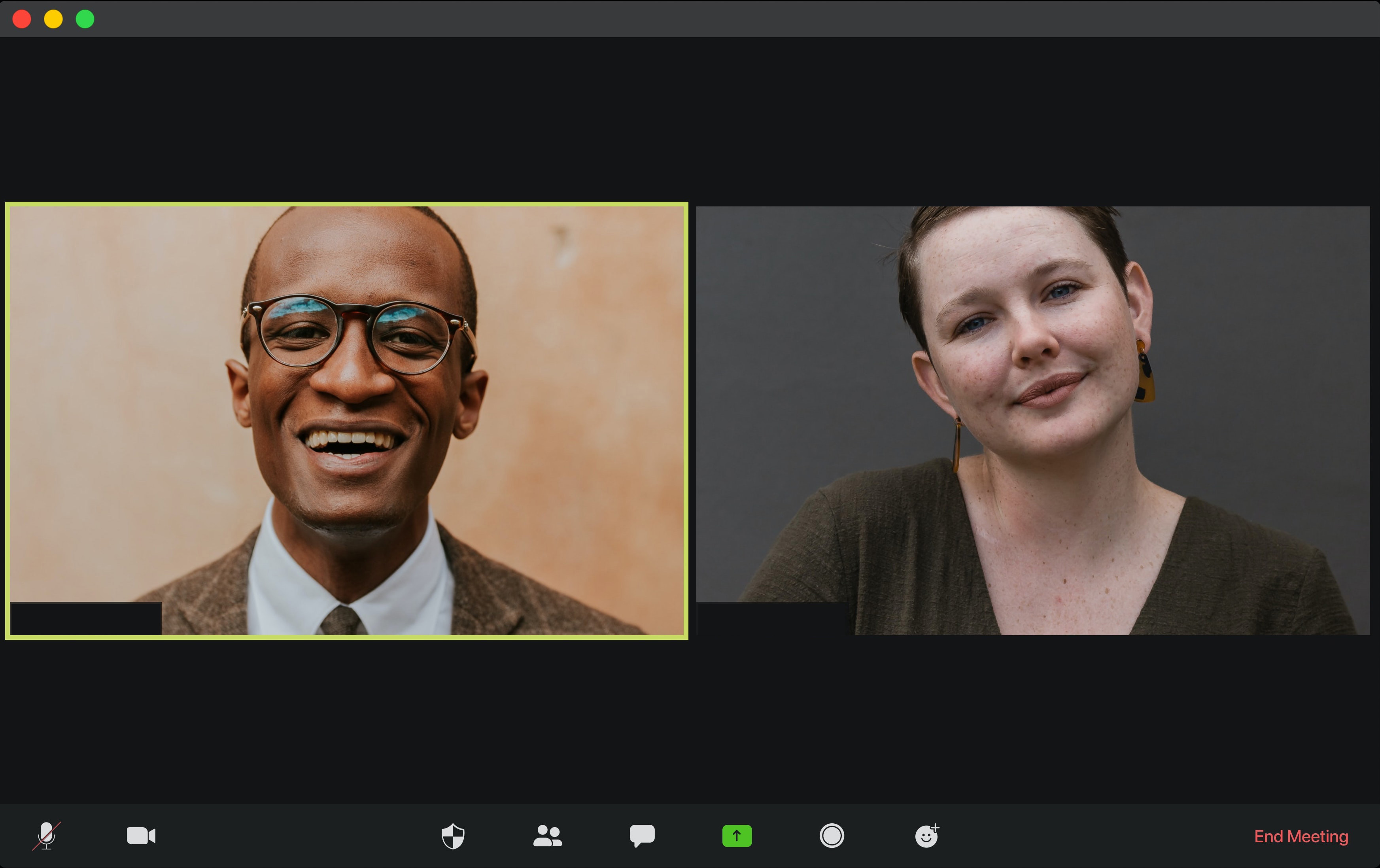Year-end success starts with the right drivers: Your guide to Logistics Recruitment in South Africa
In South Africa’s fast-paced logistics sector, securing skilled and dependable drivers is critical to keeping supply chains moving, especially during the year-end rush. As businesses face tighter delivery deadlines and increasing customer expectations, partnering with a trusted recruitment agency to source qualified drivers for hire can make all the difference.
Modern logistics recruitment is about building a flexible, capable workforce that supports business continuity, operational efficiency and customer satisfaction. Whether you manage a national fleet, oversee distribution or handle long-haul operations, finding the right drivers ensures your business stays on the road to success.
Understanding the South African logistics labour market
South Africa’s logistics sector is one of the country’s most vital economic engines, responsible for connecting manufacturers, suppliers and consumers across vast distances from inland production hubs to major ports and borders. Despite its importance, the logistics labour market is under growing pressure.
The demand for qualified drivers continues to outpace supply, particularly in categories such as Code 10 and Code 14, which are essential for freight, retail distribution and long-haul transport. Several factors have contributed to this skills gap: the rapid rise of e-commerce, expanding cross-border trade within Southern Africa, and the increasing adoption of just-in-time delivery models that require faster turnaround times and flexible staffing.
Adding to the challenge, the industry faces high turnover rates due to long working hours, driver fatigue and limited access to structured training or career development programmes. This imbalance between supply and demand creates significant strain on transport companies, making effective recruitment strategies more important than ever.
To stay competitive and maintain service reliability, logistics employers must prioritise workforce planning, driver retention and partnerships with reputable recruitment agencies that specialise in sourcing, vetting and managing professional drivers across South Africa’s complex logistics landscape.
Why the right drivers determine year-end success
As the year draws to a close, South Africa’s logistics industry enters one of its busiest and most demanding periods. Retail surges, import and export deadlines and heightened consumer expectations all converge, placing immense pressure on logistics operations to perform without delay. In this critical period, the quality of a company’s drivers can directly influence its ability to deliver on promises, maintain profitability and uphold brand reputation.
Skilled, dependable drivers are the foundation of successful logistics operations. The right drivers not only ensure that goods reach their destinations safely and on time but also help reduce vehicle downtime, prevent costly errors and improve customer satisfaction. Conversely, poor driver performance can lead to late deliveries, damaged goods, increased maintenance costs and even compliance risks. All of which can have lasting financial and reputational consequences.
Having a workforce of well-trained and properly vetted drivers becomes especially valuable during seasonal peaks when demand outstrips internal capacity. Partnering with a professional recruitment agency allows businesses to quickly source qualified drivers who can step in seamlessly, keeping operations steady and efficient.
Partnering with a professional Logistics Recruitment Agency and how it leads to year-end success
As the logistics industry gears up for the year-end peak, many companies find that the challenge isn’t just about moving goods, it’s about managing people. Recruiting and retaining skilled drivers during this period can be demanding, particularly when faced with tight deadlines, labour shortages and compliance pressures. This is where partnering with a professional logistics recruitment agency becomes a game-changer.
By collaborating with an experienced staffing partner, businesses gain access to specialised expertise, pre-qualified talent pools and scalable workforce solutions that keep operations running smoothly, even in the busiest months of the year. A recruitment partnership doesn’t just fill vacancies, it strengthens your operational resilience, enhances service quality and supports sustainable business growth.
Strategic support during the busiest season
The year-end surge places enormous pressure on logistics teams to meet delivery commitments without sacrificing safety or quality. A professional recruitment agency understands these seasonal dynamics and works proactively to anticipate workforce demands.
Partnering with industry experts like MASA allows companies to plan ahead, secure qualified drivers in advance, and maintain consistent fleet performance, no matter how intense the workload becomes. With strategic staffing support, your operations stay agile, efficient and prepared for fluctuating demands.
Access to Pre-Screened and qualified drivers
MASA’s national network of pre-screened Code 10 and Code 14 drivers provides immediate access to reliable, compliant professionals ready to step in when needed most. Every driver is rigorously vetted, from license verification and reference checks to skills assessments and safety compliance, ensuring only top-tier candidates join your team.
This proactive approach reduces recruitment time, minimises operational risk and guarantees that every driver deployed during the year-end period is equipped to meet your company’s performance and safety standards.
Reducing administrative and compliance burdens
Year-end success depends not only on having the right staff but also on managing them efficiently. MASA takes on the administrative and legal complexities of driver recruitment, from Outsource your payroll and scheduling to compliance with South African labour and transport regulations.
This allows internal HR and operations teams to focus on strategic priorities while MASA handles the day-to-day workforce management. The result is a streamlined, compliant and cost-effective staffing solution that keeps your business running smoothly.
In logistics, agility and reliability are the ultimate success factors, especially during peak season. With MASA as your recruitment partner, your business can quickly scale driver capacity, respond to sudden demand shifts and maintain uninterrupted delivery schedules.
This flexibility ensures your fleet remains operationally stable while maintaining high service standards. In short, partnering with a professional logistics recruitment agency like MASA transforms workforce management from a reactive challenge into a proactive competitive advantage, helping your business achieve year-end success with confidence and efficiency.
Drive your year-end success with MASA
As South Africa’s logistics industry races toward the year-end peak, success depends on more than vehicles and routes, it depends on people. Skilled, reliable drivers keep goods moving, customers satisfied and operations efficient, even under mounting seasonal pressure. However, finding, vetting and managing the right talent requires time, industry insight and precision.
That’s where MASA comes in. Whether you need short-term coverage, long-haul specialists, or a scalable workforce of qualified drivers for hire, MASA delivers the flexibility and dependability your business needs to stay ahead in a competitive logistics market.













